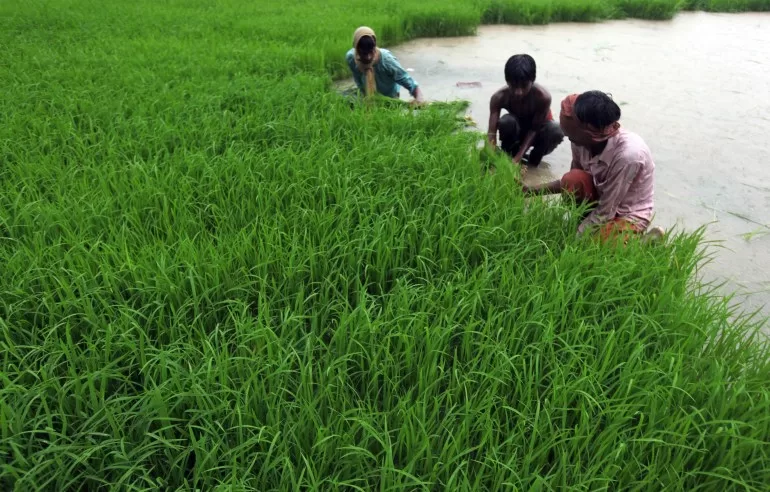Rainfall deficit could impact crops such as rice and sugar pushing food inflation amid soaring global food prices.
El Nino is a warming of Pacific waters that is typically accompanied by drier conditions over the Indian subcontinent.
The monsoon, which is vital for India’s $3 trillion economy, contributes more than 70 percent of the rain the country needs to water crops and replenish reservoirs and aquifers.
Nearly half of the farmland in the world’s most populous nation lacks irrigation, making the monsoon rains even more vital for agricultural production.
The summer rainfall deficit could make staples such as sugar, pulses, rice, and vegetables more expensive and lift overall food inflation.
Lower production could also prompt India, the world’s second-biggest producer of rice, wheat, and sugar, to impose more curbs on exports of these commodities amid soaring global food prices.

Erratic rains
Rainfall over the country from June to September was 94 percent of its long-period average, the lowest since 2018, the India Meteorological Department (IMD) said in a statement.
The IMD had anticipated a rainfall deficit of 4 percent for the season, assuming limited impact from El Nino.
The monsoon was uneven, with June rains nine percent below average because of the delay in the arrival of rains, but July rains rebounded to 13 percent above average.
August was the driest on record with a 36 percent deficit, but again in September rainfall revived and the country received 13 percent more rainfall than normal, the IMD said.
The erratic distribution of monsoon rains has led India, the world’s largest rice exporter, to limit rice shipments, impose a 40 percent duty on onion exports, permit duty-free imports of pulses, and could potentially result in New Delhi banning sugar exports.
The country is expected to receive normal rainfall from October to December, the weather department said, adding that temperatures were likely to remain above normal in most of the country during October.

You must be logged in to post a comment.